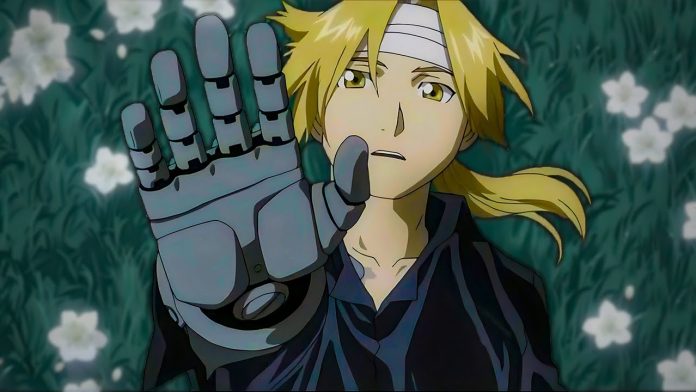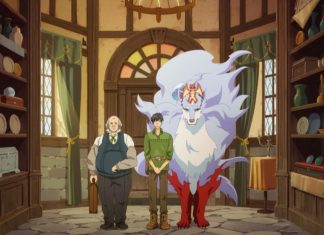In the vast landscape of shonen anime—where high-stakes battles, power-ups, and heroic journeys dominate—few series have achieved the near-universal acclaim of Fullmetal Alchemist: Brotherhood. Released in 2009 by Studio Bones, this adaptation of Hiromu Arakawa’s manga has consistently topped “best anime” lists, even years after its conclusion. What sets it apart isn’t just its action-packed sequences or fantastical elements, but a masterful blend of emotional depth, philosophical inquiry, and flawless execution that resonates with fans worldwide. Drawing from fan discussions and critiques, this article explores why Brotherhood is hailed as a top shonen anime, delving into its gripping plot, richly developed characters, stunning animation, and the reasons fans can’t get enough.
A Plot That Transmutes Expectations
At its core, Fullmetal Alchemist: Brotherhood follows the Elric brothers—Edward and Alphonse—as they navigate a world where alchemy is both science and magic, governed by the ironclad law of Equivalent Exchange: to gain something, an equal value must be lost. After a catastrophic attempt to resurrect their mother using forbidden human transmutation, Edward loses his left leg and right arm, while Alphonse’s soul is bound to a suit of armor, his body entirely gone. Their quest for the Philosopher’s Stone to restore themselves uncovers a web of government conspiracies, ancient secrets, and moral dilemmas that span wars, ethics, and the human condition.
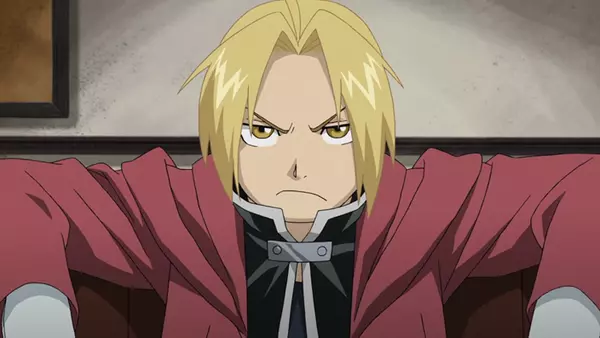
What makes the plot addictive is its relentless pacing and lack of filler episodes—a rarity in shonen series that often drag with unnecessary arcs. Fans rave about how it “hooks you in like nothing else,” delivering a “clean, sharp story” that’s binge-worthy and intellectually engaging. Unlike many shonen where protagonists power through with sheer willpower, Brotherhood subverts tropes by emphasizing consequences. Every victory comes at a cost, blending epic fantasy with conspiracy thriller elements. The narrative builds to a satisfying, memorable ending that ties up all threads without loose ends, leaving viewers emotionally fulfilled rather than frustrated. This structured heroism, akin to a classic “hero’s journey” with real stakes, keeps fans rewatching, as the plot’s complexity rewards multiple viewings with hidden Easter eggs and foreshadowing.
Characters That Forge Lasting Bonds
One of Brotherhood‘s greatest strengths lies in its ensemble cast, where every named character serves a purpose, receives meaningful development, and contributes to the overarching story without overstaying their welcome. Edward Elric, the hot-headed protagonist, starts as a selfish, prideful teen driven by anger and determination. Over the series, he matures, learning humility and the value of human connections, transforming from a lone wolf into a compassionate leader. His brother Alphonse, trapped in intimidating armor, provides a gentle counterbalance—kind, introspective, and often the moral compass, despite his tragic state.
Supporting characters shine just as brightly. Roy Mustang, the ambitious Flame Alchemist, wields fire with a snap of his fingers but grapples with guilt from past atrocities, evolving from a suave officer to a symbol of redemption. Winry Rockbell, the brothers’ childhood friend and mechanic, isn’t relegated to a damsel role; she’s a skilled inventor whose emotional arc explores loss and forgiveness. Even antagonists like Scar, a vengeful Ishvalan warrior, undergo profound changes, blurring lines between hero and villain.
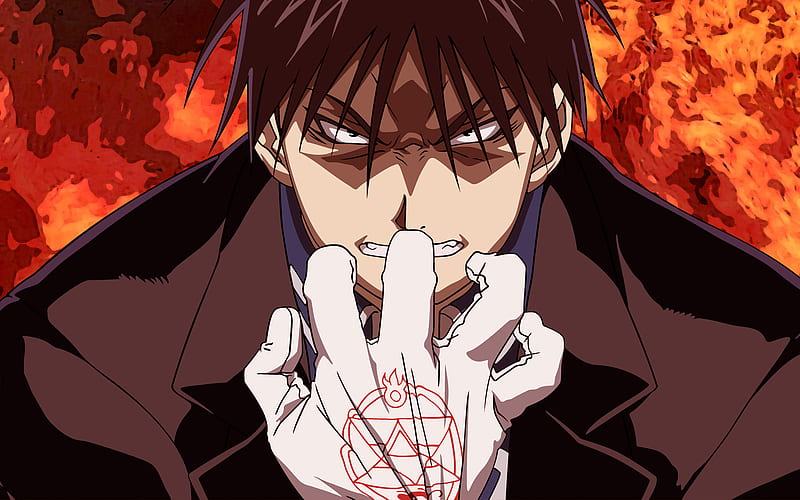
Fans adore this depth because the characters feel real—flawed, relatable, and evolving naturally. The series also stands out for its strong female representation: half the cast are women, none sexualized, and all integral to the plot, from military leaders like Olivier Armstrong to alchemists like Izumi Curtis. This inclusive approach, combined with remarkable character arcs, fosters deep emotional investment, making Brotherhood more than just action—it’s a study in humanity.
Animation That Ignites the Screen
Produced by Studio Bones, renowned for their choreography and consistency, Brotherhood‘s animation holds up remarkably well over a decade later. The series features fluid fight scenes where alchemy bursts to life—walls reshaping, flames roaring, and earth quaking—with intricate details that enhance the steampunk-inspired world of Amestris. Backgrounds are richly textured, from bustling cities to war-torn deserts, immersing viewers in a lived-in universe.
While some note occasional tonal shifts with cartoony humor amid serious moments, the overall visual quality is praised for its variety and unwavering polish. Battles aren’t just spectacles; they’re strategic, showcasing character growth through innovative alchemy use. This high production value elevates Brotherhood above many contemporaries, making it a visual feast that complements its narrative prowess.
Why Fans Can’t Let Go: Themes That Resonate
Beyond mechanics, Brotherhood captivates with profound themes like forgiveness, the horrors of war, and the pursuit of truth. It tackles real-world issues—genocide, corruption, and human experimentation—without preachiness, weaving them into a story that’s both entertaining and thought-provoking. Fans love how it balances brutal fights with heartfelt moments, creating emotional beats that hit hard. The power system is complete and logical, avoiding asspulls common in shonen, while the romance (subtle yet beautifully developed) adds layers without overshadowing the plot.
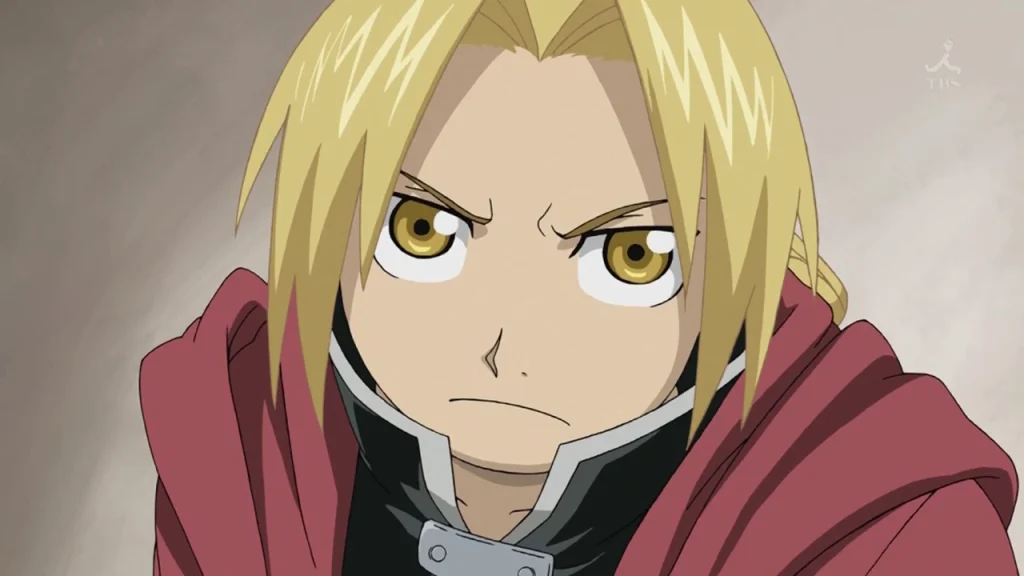
In a genre often criticized for formulaic storytelling, Brotherhood feels “no bullshit”—a straightforward yet sophisticated fantasy that stands out. Its world-building is top-tier, with a fleshed-out lore that mirrors our own societal flaws. Ultimately, it’s the brotherhood between Ed and Al—their unbreakable bond amid chaos—that anchors the series, making it a timeless tale of resilience and love.
The Enduring Legacy
Fullmetal Alchemist: Brotherhood isn’t just a top shonen anime; it’s a benchmark for the medium. With its addictive plot, lovable characters, stellar animation, and resonant themes, it continues to convert new fans and inspire rewatches. In a crowded field, Brotherhood transmutes the ordinary into gold, proving that true mastery comes from heart, intellect, and a touch of alchemy. If you haven’t experienced it yet, equivalent exchange demands you give it a shot—you’ll gain far more than you lose.
ALSO READ: Top 15 Anime Series You Should Watch If You Love Bleach
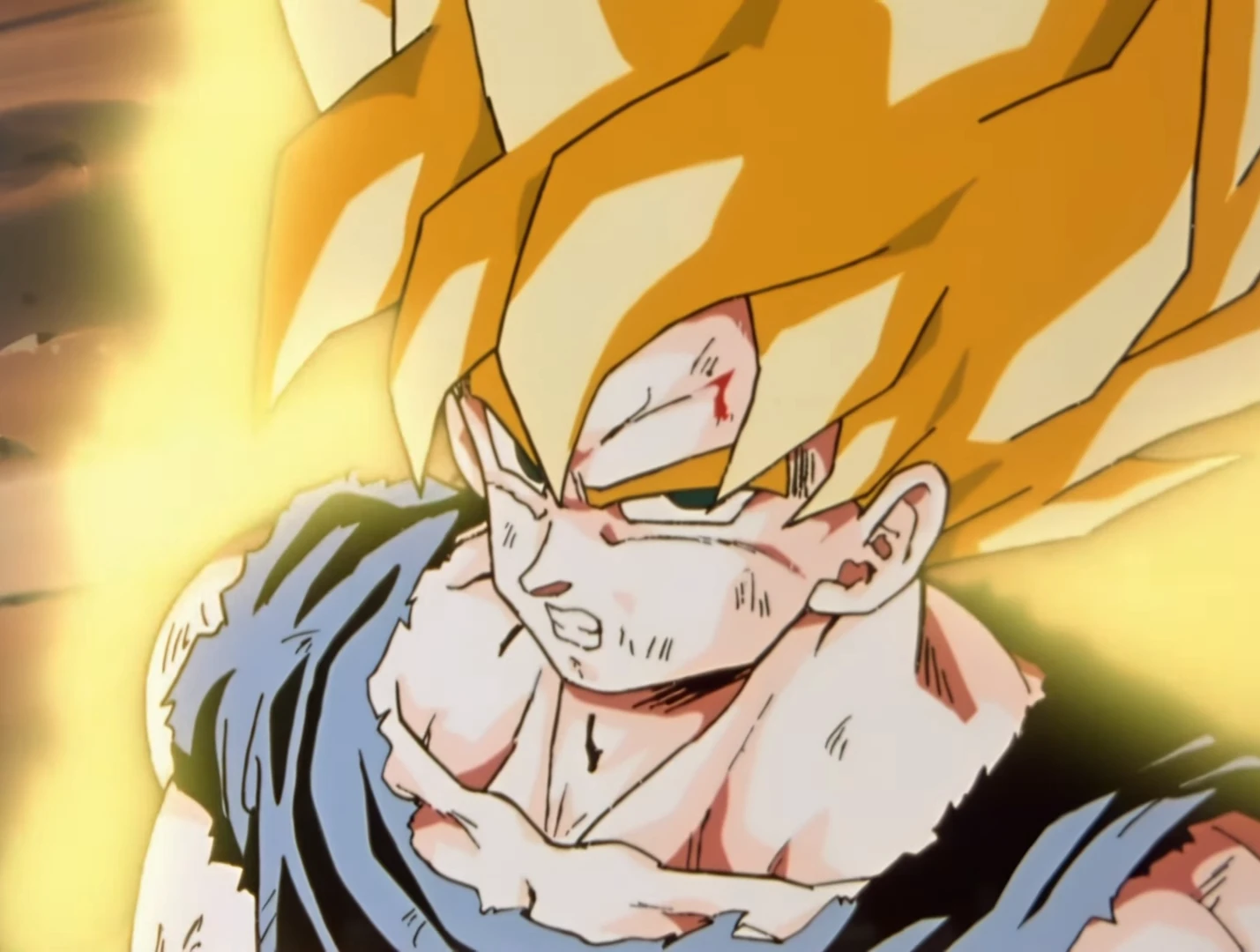
Hello, I am a huge anime fan with a decent experience in writing articles regarding the anime industry.
